Research
The Division of Geriatrics and Palliative Medicine is dedicated to advancing the care and quality of life for older adults and patients with serious illness through a robust array of clinical research initiatives. Please email us if you are interested in collaborating or participating in a research training program.
Researchers at Weill Cornell Medicine are challenging the misconception that older adults are resistant to technology, developing clinical innovations and fostering health technology collaborations with Cornell University and Cornell Tech.
The Division of Geriatrics and Palliative Medicine supports outstanding venues for interprofessional collaborative investigation, with the help of federal and non-federal funding. View our research centers here.
This two-year program, funded by the National Institute on Aging, aims to develop independent researchers skilled in enhancing the quality of life and care for older adults. Co-led by Dr. Cary Reid and Dr. Sara J. Czaja, with Associate Directors Dr. Karl Pillemer and Dr. Catherine Riffin, the program draws from a diverse faculty of clinical researchers and social scientists from Weill Cornell Medicine and Cornell University. The T32 program actively supports all individuals dedicated to health equity.
Interested in our research? See below for a list of our faculty researchers and their primary areas of study, including contact information. Please reach out to collaborate or learn more!
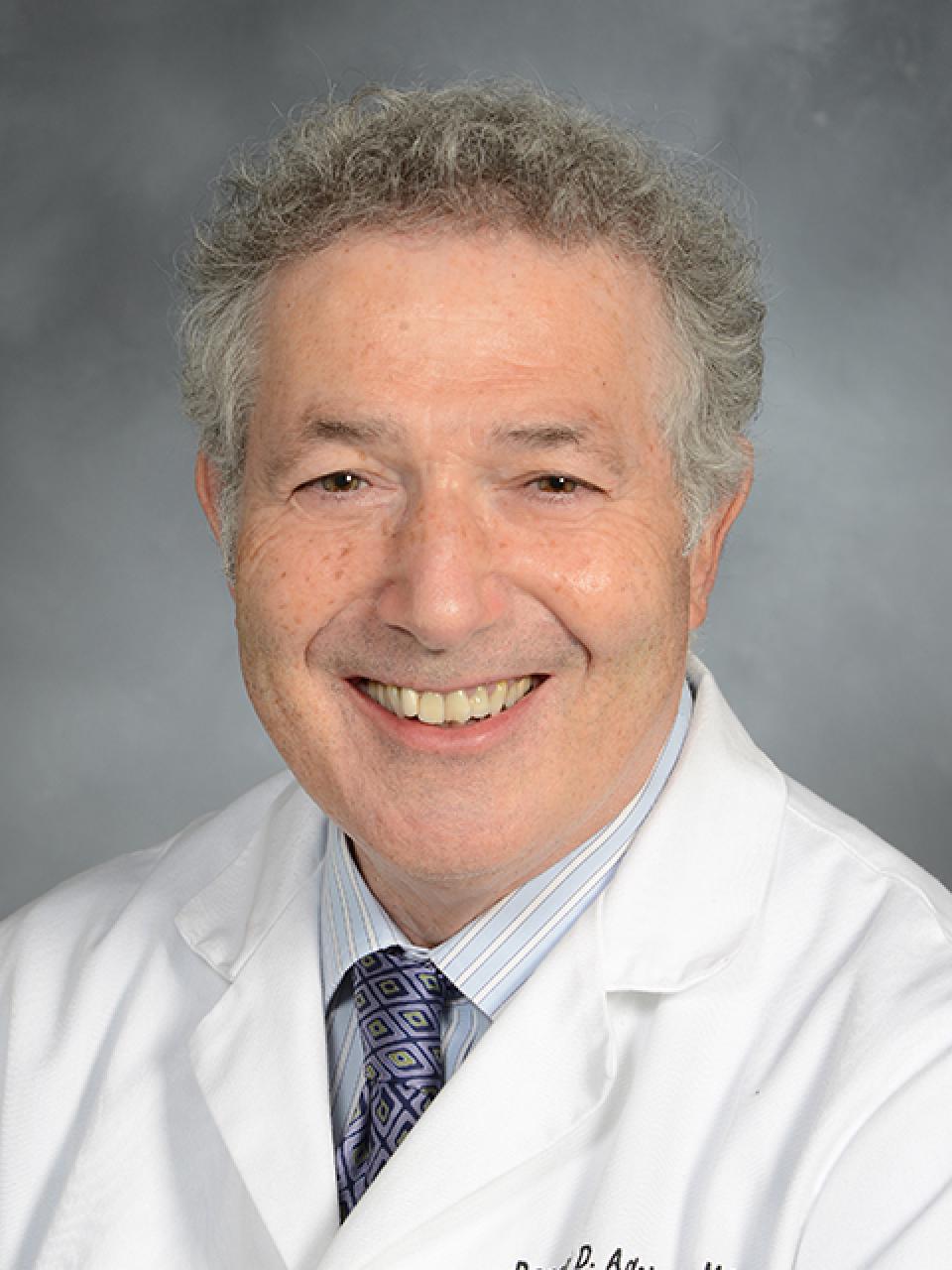
Ronald Adelman, M.D.
Dr. Ronald Adelman, M.D., conducts research concerning the medical encounter and the dynamics of the communication process between older patients and their physicians. His approach to study in this area is multidisciplinary, involving social scientists and physicians from other sub-specialties. With the goal of improving health outcomes among older adults who seek longitudinal health care services from outpatient primary care practices, Dr. Adelman's research suggests that successful relationships between older patients and their physicians will allow for discussion of sensitive topics, alleviate patient stress, improve patient knowledge, and enable older patients to be more astute users of health care services.
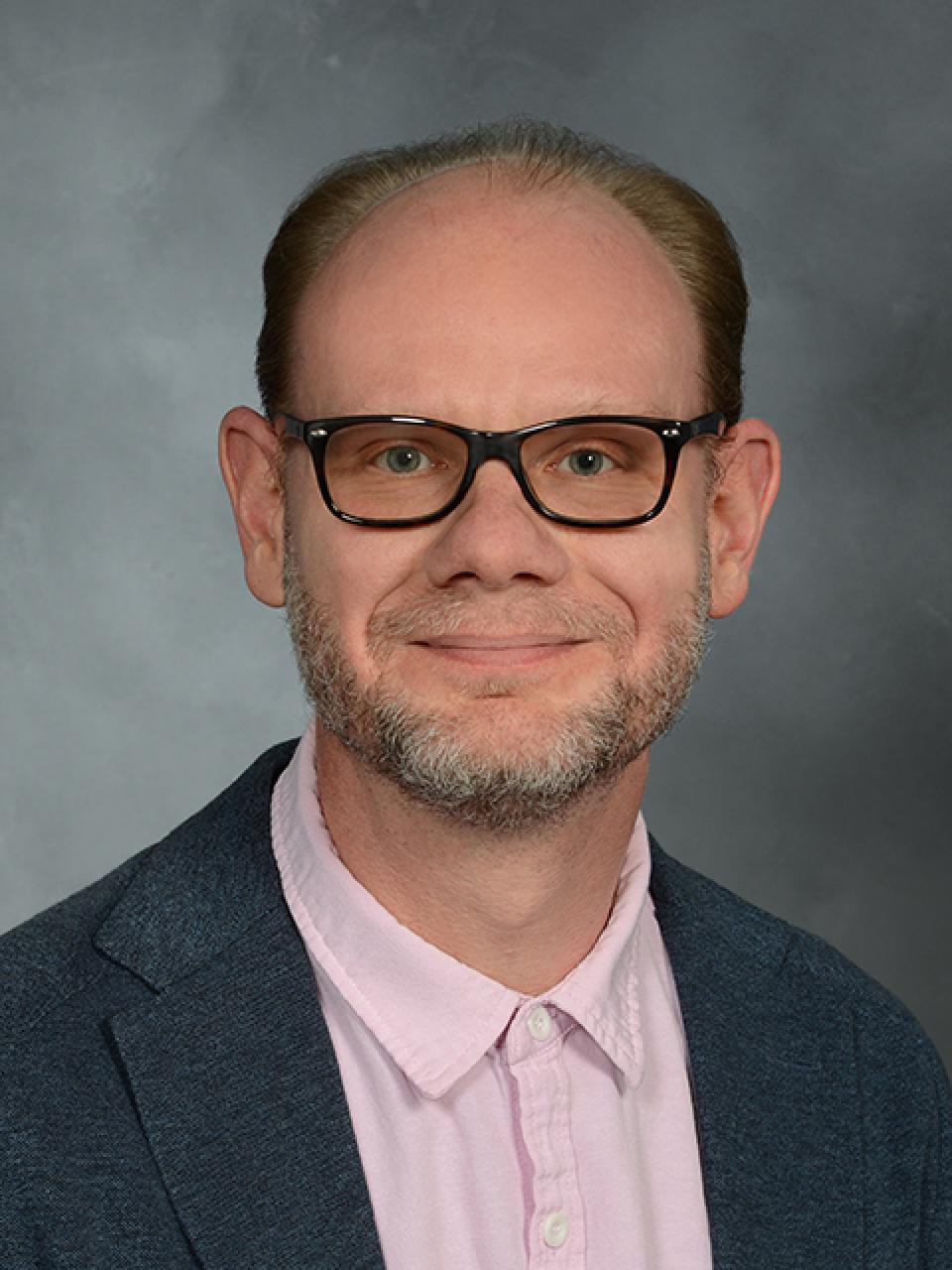
Walter R. Boot, Ph.D.
Walter R. Boot, Ph.D., researches how existing and emerging technologies, such as virtual reality and artificial intelligence, can support the health, well-being, quality of life, and social connectivity of older people with and without cognitive impairments within the Center on Aging and Behavioral Research. Much of his work focuses on how technology can connect older people to the people important to them and to useful online and community resources, aiming to enhance social support, reduce loneliness, and facilitate community engagement. Other lines of research include how personalized, adaptive reminder systems can support cognitive health by promoting engagement in cognitively challenging activities and regular home-based cognitive assessment.

Iggy E-Shien Chang, Ph.D.
Dr. Iggy E-Shien Chang, Ph.D., directs the Chang Research Lab, which focuses on addressing health inequities through elder mistreatment prevention across diverse cultural and health care settings. The lab aims to support older adults, family caregivers, and the direct care workforce. A major focus is on understanding how structural and social determinants of health, including ageism and racism, influence the risks and responses to violence in later life. Other research areas include characterizing health inequities affecting minoritized older adults and caregivers in the context of elder mistreatment, using mixed-methods research to study mistreatment and violence in nursing homes, and designing scalable culturally sensitive training for direct care workers and providers in various health care settings.
Vivo | Google Scholar | Email

Sara Czaja, Ph.D.
Dr. Sara Czaja, Ph.D., leads the Center on Aging and Behavioral Research where she researches the development of strategies to address challenges confronting older adults and their families to enhance independence, and quality of life. Specifically, Dr. Czaja's work utilizes technology to bring programs and services to aging adults and family caregivers using a user-centered design approach. Further areas of research include family caregiving, social isolation, elder neglect, strategies to support aging adults with a cognitive impairment, virtual reality applications, and cognitive engagement.
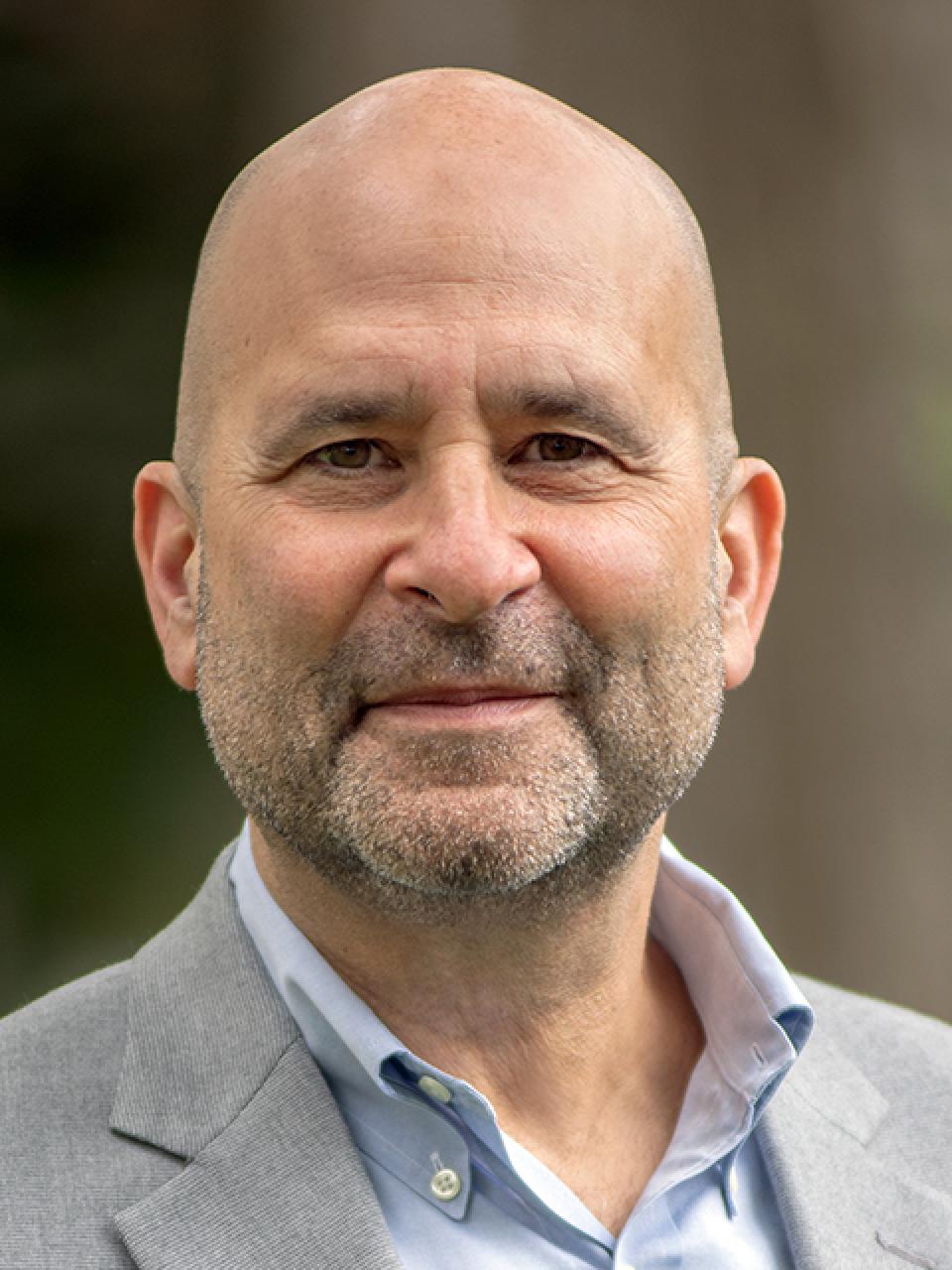
Mark Lachs, M.D., M.P.H.
Dr. Mark Lachs, M.D., is a clinical epidemiologist and health services policy researcher whose primary focus is elder abuse including financial exploitation of older adults. His work in this area has ranged from prevalence and risk factor studies of elder abuse in the community and long-term care, to medical, sociological, and environmental factors that render older people vulnerable to financial exploitation and undue influence. Dr. Lachs is also a research methodologist and as such has mentored many physicians interested in bringing aging to their respective fields such as cardiology, emergency medicine, ENT, and colorectal surgery.
Vivo | Google Scholar | Email
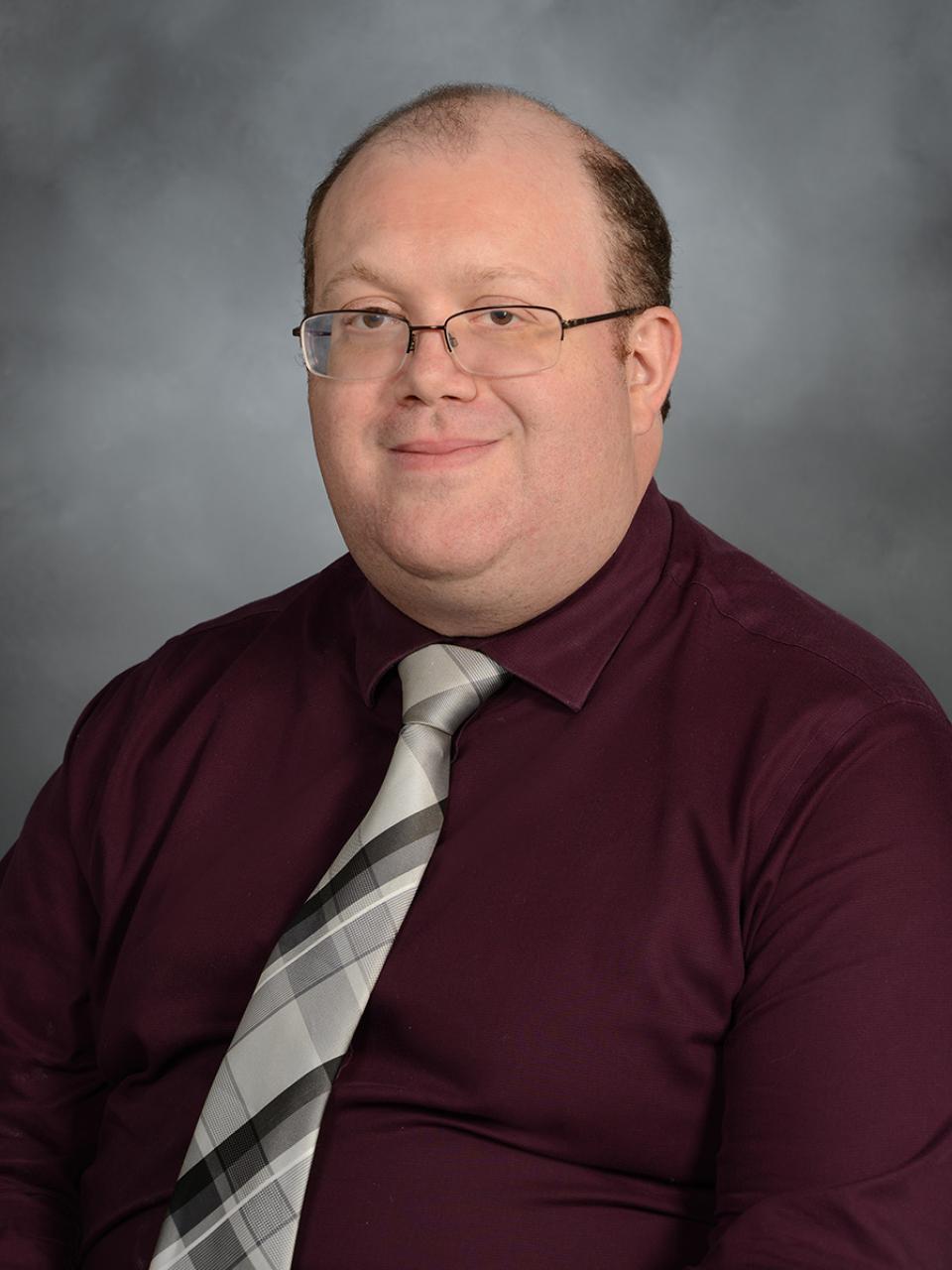
Jerad Moxley, Ph.D.
Dr. Jerad Moxley, Ph.D., designs and conducts data analysis for the Center on Aging and Behavioral Research and the Division of Geriatrics and Palliative Medicine. He is highly experienced in longitudinal analysis, psychometrics, scale development methods, power analysis, and machine learning methods of regression and categorization. Additionally, he has published heavily in methods of collecting and analyzing verbal data, skill development, and expert memory.

Vee Phongtankuel, M.D.
Dr. Veerawat Phongtankuel, M.D., conducts research focused on improving the quality of life for older adults with serious and terminal illnesses and their family caregivers. He studies, develops, and tests interventions aimed at improving symptom management at the end of life and reducing the burdens felt by both patients facing serious illnesses and their caregivers. In addition, his research interests include addressing health disparities, leveraging technology for older adults, and improving dementia care.
Vivo | Google Scholar | Email

Cary Reid, Ph.D., M.D.
Dr. Cary Reid, Ph.D., M.D., is the Director of the Translational Research Institute of Pain in Later Life (TRIPLL). His research focuses on the epidemiology and treatment of various persistent pain disorders in older adults in a variety of care settings including hospital and community-based settings. This work has involved elucidating risk factors for poor outcomes (e.g., declines in physical performance), evaluating the risks and benefits of current therapies for managing persistent pain in older adults, as well as the development and testing of non-pharmacologic interventions to improve care outcomes. More recently, Dr. Reid’s work has expanded to focus on the role of technology and how it can improve outcomes in patients receiving chronic illness care and care at the end of life.
Vivo | Google Scholar | Email

Catherine Riffin, Ph.D.
Dr. Catherine Riffin, Ph.D., leads the Riffin Research Lab, examining how older adults and their family caregivers (relatives, friends) manage chronic illness, with a specific focus on families’ interactions with the health care system. A major emphasis of the Riffin Research Lab has been to understand the experiences of families coping with dementia and pain conditions and to develop evidence-based programs to support them. Other lines of research in the Riffin Lab include: population-based studies that characterize the scope and consequences of caregiving; qualitative studies that explore interpersonal processes and communication within patient-caregiver-physician triads; and principle-driven interventions designed to support caregivers in health care contexts.
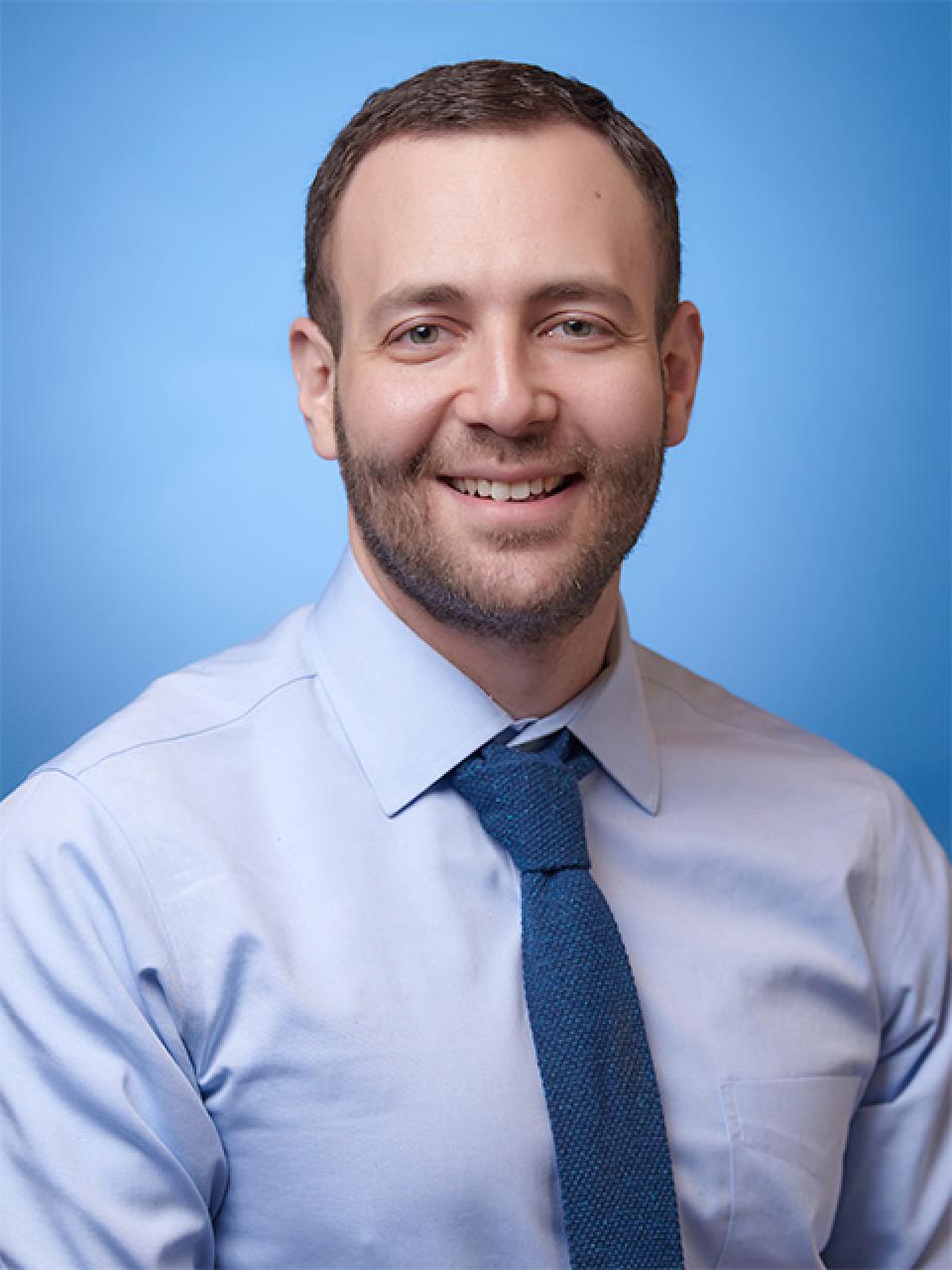
Daniel Shalev, M.D.
Daniel Shalev, M.D., leads the the Behavioral Health, Aging, and Serious Illness Care (BASIC) Program. Dr. Shalev's research focuses on how palliative care and mental health services can work together to improve the quality of life of people living with serious illnesses like cancer, heart failure, and chronic lung disease. This work includes a range of studies focused on understanding how care is delivered in our current system and testing new models of care and clinical interventions to support patients with serious illnesses.
Vivo | Google Scholar | Email

